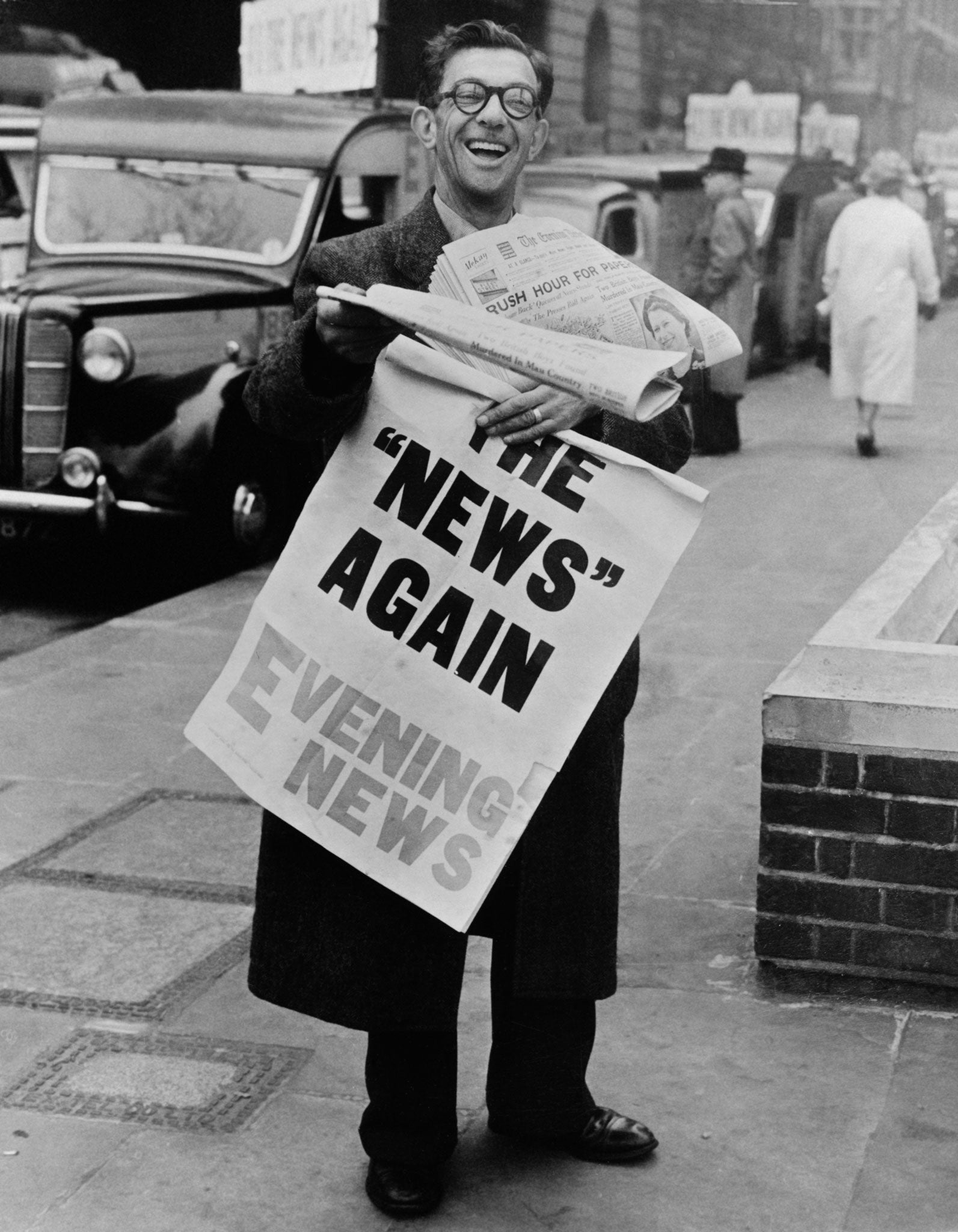Alain de Botton's The News: A User's Manual, book review: 'Simplistic and ultimately flawed'

Alain de Botton is probably anticipating sceptical reviews of his new book. It is unfortunate that, as a philosophical analysis of the news media, it is bound to be assessed by the very outlets, often resistant to change, that it seeks to correct.
As a journalist, perhaps I am more inclined to leap to my profession's defence. Still, I like to think that I have a reasonably healthy awareness of the media's myriad shortcomings. And I remain mostly unpersuaded by De Botton's analysis, or by – ironically enough – his reporting.
The News: A User's Manual approaches the problems of today's media by proposing some principles for "the ideal news organisation of the future" across a set of story archetypes, from the celebrity interview to the dispatch from a disaster zone. De Botton acknowledges the "succession of miracles" that would be necessary for these precepts to be enacted. We shouldn't take him too literally, then, when he bemoans the fact that in foreign reporting, "revelations of torture by the security services are deemed more significant than a collective lunchtime ritual of eating tabbouleh and stuffed vine leaves in a bucolic field overlooking the River Jordan".
Such observations are not prescriptions but provocations, directions for travel that are supposed to make us think harder. The same message underlies all of them: the news machine is poorly suited to our needs, and should consider the psychological welfare of its readership; it should look beyond the screaming headline and give us vital context.
De Botton's problem is that before dishing out these directions, he has barely consulted a map of the country in question, much less traversed it himself. Like everybody, he is a consumer of news, and he has certainly read a lot of it. But this is not just a book about how to consume news: it is about how it should be produced. And he has spent strikingly little time investigating that. The only news organisation which he seems to have visited is the BBC, an outlet unlike any other, and as useful a place to learn about the working practices of the Daily Mail as a Mozart concert is for students of Metallica.
That oversight leads De Botton into a litany of pronouncements that are often irritating and sometimes, at least to this biased practitioner, infuriating. He asserts glibly that accurate information about foreign countries is "not very hard to get hold of", which will come as a surprise to any stringer in Cairo, or Port au Prince, or Beijing. He says that editors see photos as no more than "verification", and so choose a dull headshot of President Obama over a more exciting portrait – when in fact such choices are nearly always matters of access and resources. And he chides journalists for following the narrow daily agenda – when he is the one forcing that limitation, by confining his study to the news pages and ignoring the travel specials, the magazine features, the whimsical columnists and pictures of cats resembling Hitler that are all essential parts of a richly various media.
Coming in a tone that carries the dogmatic confidence of the guru, this ignorance cannot help but come across as disdain. I was most struck by it in a section about news brands, which questions the "almost mythological power" we grant stories that come from the press and not from "a person across the table". When we see the name of The New York Times or Le Monde, he argues, we lose some of our critical faculties. "Brands alone," he writes, "dissuade us from picking sceptically at their underlying content." He thinks so little of news outlets that he considers our decision to take some more seriously than dinner-party rumours as the mere product of advertising.
De Botton thinks little of journalism. How he longs for its improvement by the presence of "Tolstoy, Flaubert or Sophocles in the newsroom", not pausing to consider that the average standard of novels would likewise by improved by the skills of Martha Gellhorn or Alistair Cooke. The work is not without original insights, but they are undermined by its lack of the most journalistic virtues: precision, economy, and diligence. De Botton may not value them highly, but his book is a sharp reminder of why they continue to be important.
Alain de Botton will be talking about his book at the Independent Bath Literature Festival and taking part in the Great Bath News Debate: 'News Is Ruining Our Lives' on Saturday 1 March (01225 463362; bathfestivals.org.uk)
Subscribe to Independent Premium to bookmark this article
Want to bookmark your favourite articles and stories to read or reference later? Start your Independent Premium subscription today.

Join our commenting forum
Join thought-provoking conversations, follow other Independent readers and see their replies